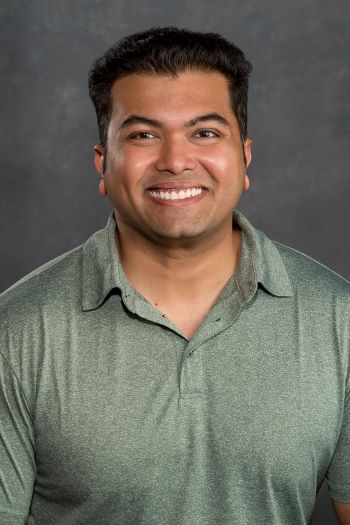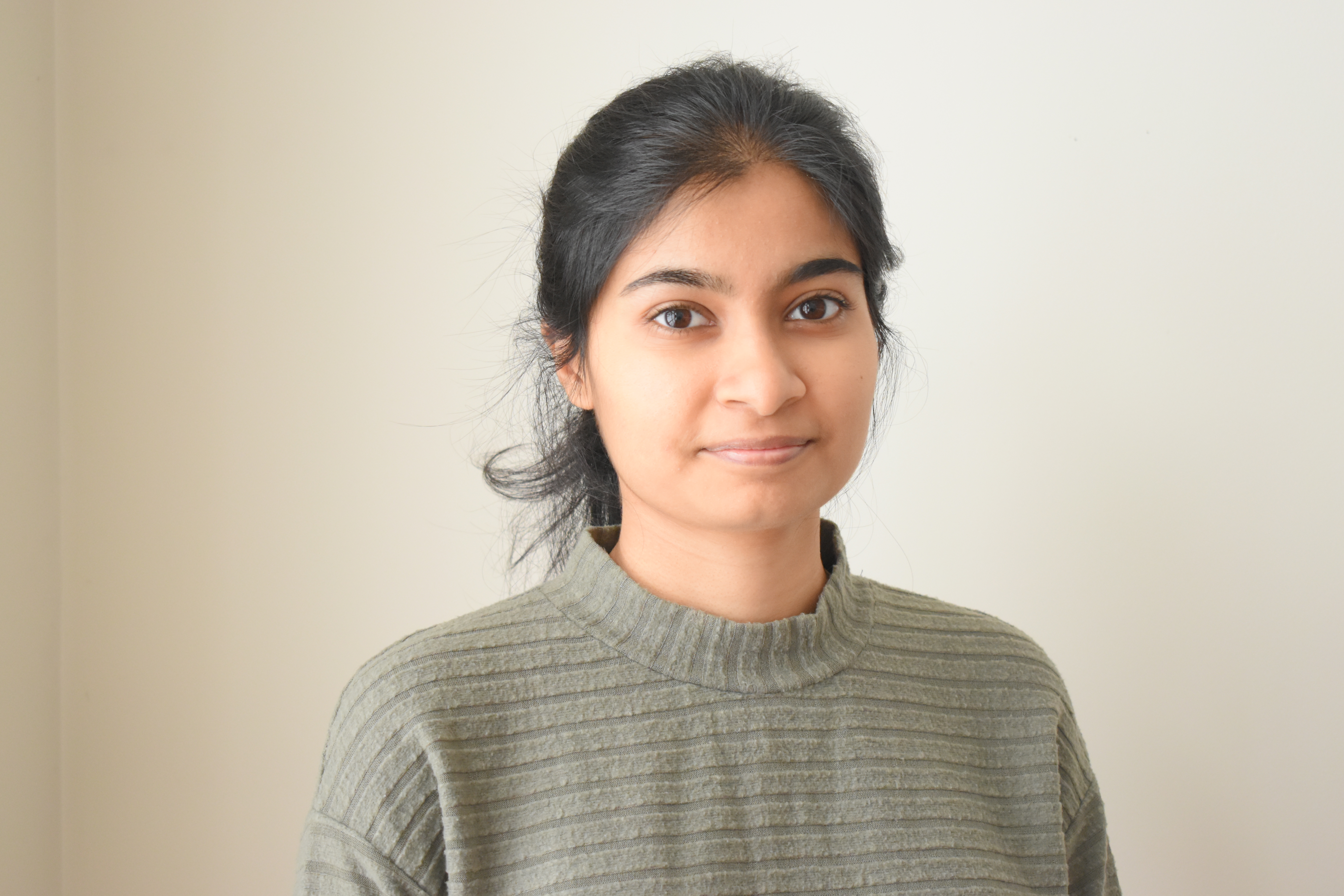Short Courses and Workshops
The following short courses on topics of current interests will be offered as a part of the Conference:
-
Short Course 1 :-
Multimodal Causal Inference for Data Science and Biomedical Research
Himel Mallick, Cornell University (14th June 2025, 9:00 to 12:30)
-
Workshop :-
Workshop on Machine Learning (ML) Algorithms and Their Applications
Anwesha Bhattacharya and Agus Sudjianto , Wells Fargo (3rd June 2025, 13:30 to 17:30)

-
Short Course 2 :-
Boosting R Code performance via C++ Integration within Rstudio
Priyam Das, Virginia Commonwealth University (13th June 2025, 9:00 to 12:30)

Short Courses
Multimodal Causal Inference for Data Science and Biomedical Research
Boosting R Code performance via C++ Integration within Rstudio
Workshop on Machine Learning (ML) Algorithms and Their Applications
Date: Saturday 3rd June 2025, 13:30 to 17:30.
Title: Workshop on Machine Learning (ML) Algorithms and Their Applications
Instructor: Anwesha Bhattacharya and Agus Sudjianto, Wells Fargo
Description: In this four hour workshop, you will learn about commonly used ML algorithms and how they are used in practice. The algorithms covered will include Feedforward Neural Networks, Gradient Boosting, and Random Forest. PI_ML, an open-source toolbox with easy-to-use interface, will give participants hands-on experience in training and assessing performance of the algorithms on real datasets. Participants will also learn about how to interpret the results using post-hoc explainability techniques and assessing model robustness and model weaknesses. Applications of these algorithms in banking will also be described.
Multimodal Causal Inference for Data Science and Biomedical Research
Date: 14th June 2025, 9:00 to 12:30
Title: Multimodal Causal Inference for Data Science and Biomedical Research
Instructor: Himel Mallick, Cornell University
Description: This short course introduces multimodal causal inference, a cutting-edge approach that integrates diverse data sources such as clinical, genomic, imaging, and electronic health records to improve causal discovery and effect estimation. Participants will learn state-of-the-art methodologies to address challenges like high-dimensionality, heterogeneity, missingness, and modality alignment. The course will also cover uncertainty quantification techniques, hands-on computational tools, and real-world applications in precision medicine and policy evaluation.
Category: Methodology
Target Audience:
- Statisticians, data scientists, and biomedical researchers with a foundational understanding of statistical inference principles and familiarity with machine learning or statistical modeling.
Prerequisites:
- Basic knowledge of statistical inference principles
- Familiarity with machine learning or statistical modeling
- Experience with Python or R (recommended but not required)
Computer and Software Requirements:
- Participants should bring a laptop with R/Python installed. Supplementary materials, including lecture slides, reading resources, and coding notebooks, will be provided.
Boosting R Code performance via C++ Integration within Rstudio
Date: 13th June 2025, 9:00 to 12:30
Title: Boosting R Code performance via C++ Integration within Rstudio
Instructor: Priyam Das, Virginia Commonwealth University
Abstract:
Pre-requisites:


